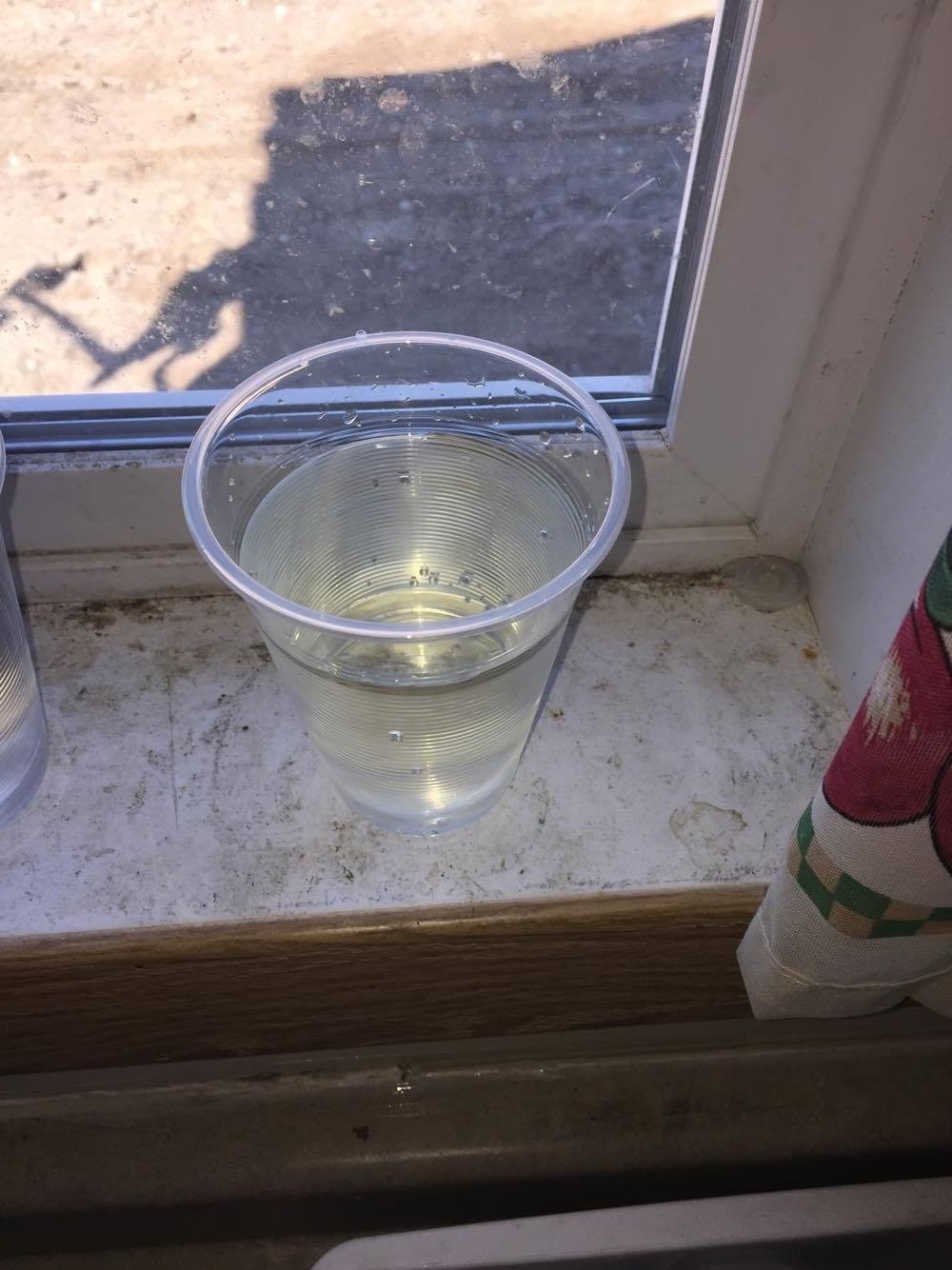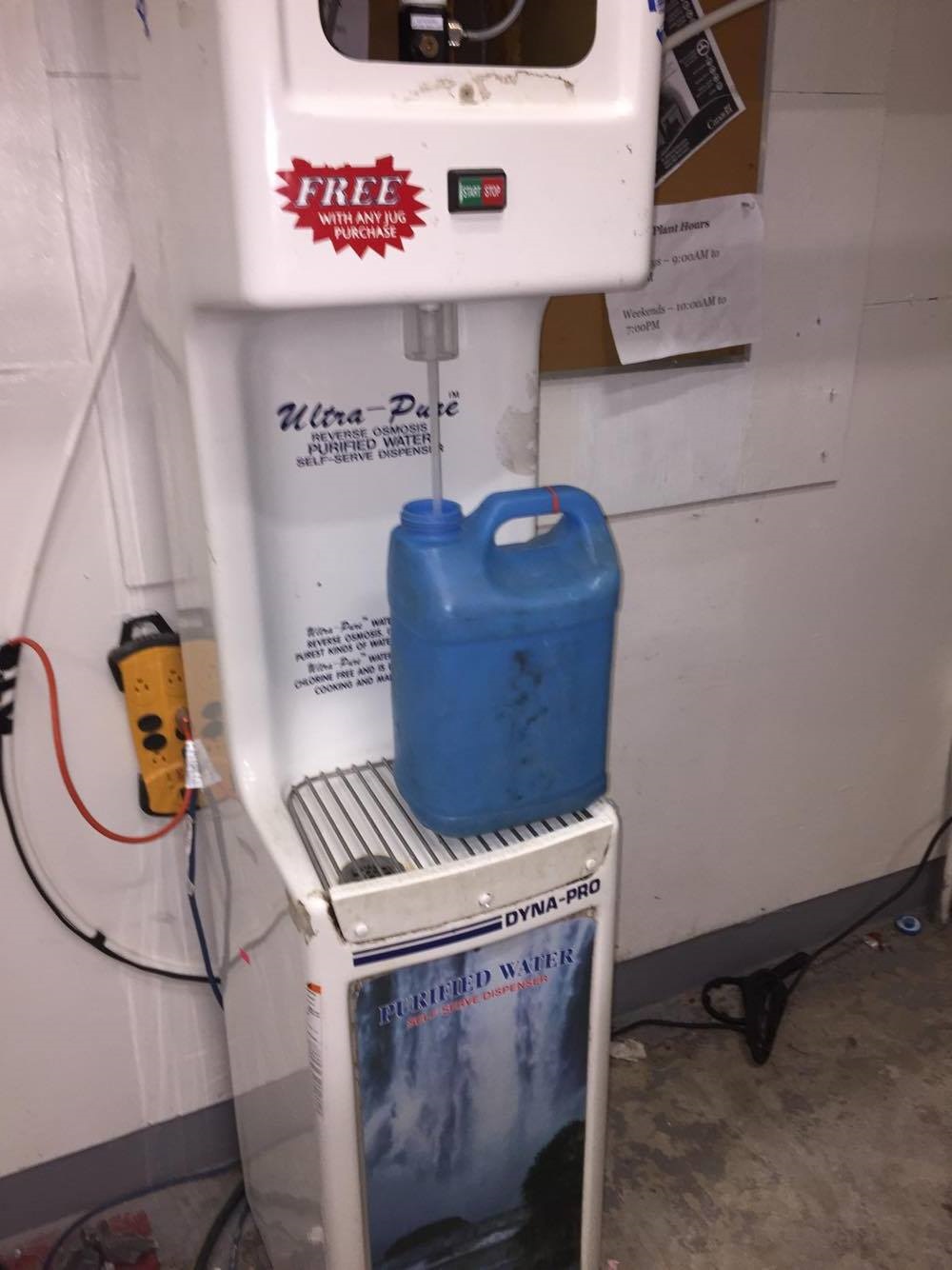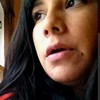Canadians have excellent water quality, thanks in no small part to the stringent protections in place for them. When it comes to Indigenous people living on First Nations reserves, however, such legally-binding water regulations simply do not exist.There are drinking water advisories of various kinds in 121 different First Nations across Canada, according to the federal health department, and the First Nations health authority in British Columbia, which monitors its separately. Of those, 48 communities are facing long-term drinking water advisories, according to Indigenous and Northern Affairs Canada. The latest estimate — made six years ago — suggests that it would cost $1.2 billion to meet the department’s protocols for safe water and wastewater according to a comprehensive assessment conducted by the department in 2011. Along with a projected price tag of $4.7 billion over a ten year period for new servicing.There are guidelines, policies, and protocols, developed and posted online by Indigenous and Northern Affairs Canada, or INAC, but there are no enforceable rules around ensuring that residents of those reserves have real access to clean water.Even legislation, passed specifically to close that regulatory gap, has taken years to come online, and the legal weight behind the law remains unclear. It’s not even clear when — or if — those regulations will actually become a reality.First Nations leaders who spoke with VICE News say they’re taking their own approach. In June 2013, under the former Conservative government, the Safe Drinking Water for First Nations Act was passed. It was designed to allow “for the development of regulations to ensure access to safe, clean and reliable drinking water and effective treatment of wastewater on First Nation lands.”However, when it came into force it bore no regulations, which often serve as the backbone of any legislation. Even the innocuously-titled legislation itself was looked upon with suspicion by Indigenous groups.When the Liberal government took office, they pressed pause on the act, in order to start drawing up those regulations.In an email statement from Indigenous and Northern Affairs Canada, the department says it is in the process of reviewing the act with First Nations, beginning with reaching out to various regional organizations.The government expects the engagement sessions to wrap up this fall.VICE News Canada is spending this week focusing on the Indigenous water crisis. Read more here.To begin with, Ottawa has identified 11 essential pieces to the new rules: Everything from the protection of source water, to the design of treatment plants to the training of operators.In an earlier conversation, the department said any future regulations would be enforceable, and there would be legal recourse if an Indigenous community does not comply, which is why the government wants to ensure everybody is clear on the process“No, the AFN is not working with INAC on the Safe Drinking Water for First Nations Act,” says the AFN’s Manitoba regional chief Kevin Hart, who is the housing and water portfolio holder for the assembly.The assembly has passed two resolutions — one in 2015, and another this year — calling for the Safe Drinking Water for First Nations Act to be repealed.
In June 2013, under the former Conservative government, the Safe Drinking Water for First Nations Act was passed. It was designed to allow “for the development of regulations to ensure access to safe, clean and reliable drinking water and effective treatment of wastewater on First Nation lands.”However, when it came into force it bore no regulations, which often serve as the backbone of any legislation. Even the innocuously-titled legislation itself was looked upon with suspicion by Indigenous groups.When the Liberal government took office, they pressed pause on the act, in order to start drawing up those regulations.In an email statement from Indigenous and Northern Affairs Canada, the department says it is in the process of reviewing the act with First Nations, beginning with reaching out to various regional organizations.The government expects the engagement sessions to wrap up this fall.VICE News Canada is spending this week focusing on the Indigenous water crisis. Read more here.To begin with, Ottawa has identified 11 essential pieces to the new rules: Everything from the protection of source water, to the design of treatment plants to the training of operators.In an earlier conversation, the department said any future regulations would be enforceable, and there would be legal recourse if an Indigenous community does not comply, which is why the government wants to ensure everybody is clear on the process“No, the AFN is not working with INAC on the Safe Drinking Water for First Nations Act,” says the AFN’s Manitoba regional chief Kevin Hart, who is the housing and water portfolio holder for the assembly.The assembly has passed two resolutions — one in 2015, and another this year — calling for the Safe Drinking Water for First Nations Act to be repealed. Just two years before being elected prime minister, Justin Trudeau told the Assembly of First Nations general assembly that the Safe Drinking Water for First Nation Act is nothing more than federal interference and the government dictating terms rather than working in partnership with Indigenous people.Veldon Coburn, a former analyst in INAC’s infrastructure branch, recalls the work leading up to these engagement sessions.“You can’t go and have a dilapidated water treatment plant on reserve and say tomorrow we’re going to hold you to these standards and if not, we’re going to start to withhold band funds and we’re going to drag you into court when it had been INAC underfunding it,” says Coburn.Today he warns Indigenous communities about getting blamed for their problems and to be cautious when agreeing to any future regulations.Having said this, Coburn does believe there needs to be regulations in communities but on the people’s own terms.And that’s exactly what the Federation of Sovereign Indigenous Nations are working toward. The organization represents 74 First Nations in Saskatchewan.
Just two years before being elected prime minister, Justin Trudeau told the Assembly of First Nations general assembly that the Safe Drinking Water for First Nation Act is nothing more than federal interference and the government dictating terms rather than working in partnership with Indigenous people.Veldon Coburn, a former analyst in INAC’s infrastructure branch, recalls the work leading up to these engagement sessions.“You can’t go and have a dilapidated water treatment plant on reserve and say tomorrow we’re going to hold you to these standards and if not, we’re going to start to withhold band funds and we’re going to drag you into court when it had been INAC underfunding it,” says Coburn.Today he warns Indigenous communities about getting blamed for their problems and to be cautious when agreeing to any future regulations.Having said this, Coburn does believe there needs to be regulations in communities but on the people’s own terms.And that’s exactly what the Federation of Sovereign Indigenous Nations are working toward. The organization represents 74 First Nations in Saskatchewan.
Advertisement

Advertisement
But it’s not clear what that enforcement will look like, and it could differ from region to region.And a follow up statement from the minister’s office said: “The purpose of this review is solely related to the Act and does not include the drafting or promulgation of regulations.”The department stresses that Indigenous leadership and Indigenous institutions will be “in the driver seat” during any regulatory process. The new government’s motto has been to ‘get it right’ and to work with Indigenous leadership in a nation-to nation relationship.However, when VICE News asked national and regional Indigenous political organizations about this, the response was different.The country’s largest Indigenous organization, the Assembly of First Nations, said they are not working with Indigenous and Northern Affairs Canada.“No, the AFN is not working with INAC on the Safe Drinking Water for First Nations Act.”
Advertisement

Advertisement
According to Health Canada, there are currently 22 active boil water advisories in the province, the longest stretching back 14 years.“Right now our status, in terms of water regulations, [is that] we are developing our own that are actually superior to the existing provincial standards that they hold,” says Vice Chief Heather Bear, referring to how their regulations incorporates Indigenous knowledge meant specifically for them.Bear also says it is their inherent right to create and implement their own laws, such as water regulations. The federation’s water advisory groups are made up of policy analysts, scientists to academics.In Canada, provinces and one territory have jurisdiction over water management and protection.In the 2016 fiscal year, the Federation of Sovereign Indigenous Nations was one of three political organizations in Canada to receive $100,000 to develop water regulations under the Safe Drinking Water for First Nations Act. Their draft regulation will be complete by next spring.Vice Chief Bear says creating water regulations is not only about providing clean drinking water, but it’s about protecting water, too, for future generations.“We know what we need in our communities, our chief knows what works in their communities, by our people, for our people.”“We know what we need in our communities.”
